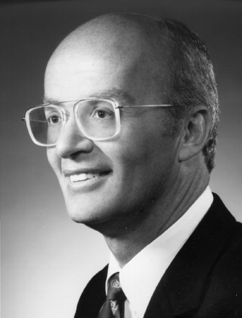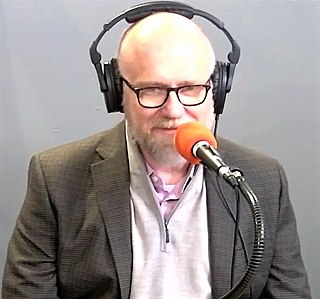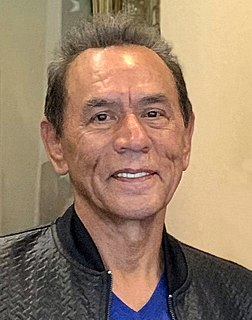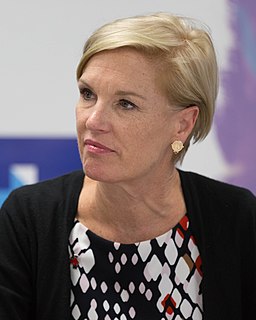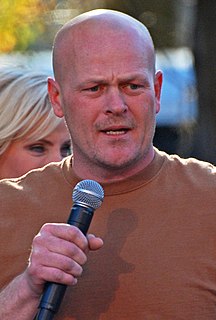A Quote by Ted Nordhaus
As social values shifted through the '80s and '90s, as modern conservatism rose to power, and as the electorate became a good deal more skeptical of both government and environmentalists, these strategies, and the institutions that were created to prosecute them, foundered.
Related Quotes
My political tradition is on the left, but I think that more modern leftists, they sometimes get stuck with this vision of large government and social benefits and everything and that's against what is my position, because I think that the ultimate vision of Marx, Engels, and those people was to eliminate government entities and to give as much power to the people. And in modern standing that means direct democracy, that means all the power to the communities, it means gradually eliminating all government oppression on the society. And 100 years ago, leftists' major allies were labor unions.
Our leaders ranged from bad to extraordinary. But through it all, the GOP was the one party even vaguely amenable to limited-government conservatism, to at least some adherence to the Constitution over the social preferences of the moment, and to the constraints on government power that our Founding Fathers so cherished.
We, as Indian tribes, should be able to prosecute non-Indians on tribal lands. But on Indian land, we have no ability to prosecute anyone but another Indian. American Indians having status as a foreign nation is good for us, but it's not good in some ways if we don't have the jurisdictional power that the federal government claims.
Northeastern conservatism is moderate, accepts the modern welfare state, and dislikes mixing religion with politics. Western conservatism is hawkish, hates government, and embraces individual freedom. Southern conservatism is populist, draws on evangelical Christianity, and plays upon racial resentments.
Governments do not make ideals, but ideals make governments. This is both historically and logically true. Of course the government can help to sustain ideals and can create institutions through which they can be the better observed, but their source by their very nature is in the people. The people have to bear their own responsibilities. There is no method by which that burden can be shifted to the government. It is not the enactment, but the observance of laws, that creates the character of a nation.
Anthropologists have often described what happens to a primitive society when its spiritual values are exposed to the impact of modern civilisation. Its people lose the meaning of their lives, their social organisation disintegrates, and they themselves morally decay. We are now in the same condition. But we have never really understood what we have lost, for our spiritual leaders unfortunately were more interested in protecting their institutions than in understanding the mystery that symbols present.
Conservatism is about the basic rights of individuals. God created us. As far as the government goes, the Founding Fathers based the Constitution off of Christian values. It goes hand-in-hand. As far as the Republican Party? I felt connected to it because individual freedom should not be legislated by the federal government.
Some of the power has shifted from companies to people. Using social media tools (blogs, wikis, tagging, etc.) more individuals are creating semi-spontaneous 'groundswells' of opinions to which companies and other institutions are realizing they must respond. From marketing to consumers organizations are being pulled into engaging with individuals.
We deem valuable whatever is likely to meet our needs or wishes (individual values) and whatever is likely to help protect or attain social goals (social values). However, this is not a dichotomy, for some individual values, such as truth, are needed to secure some social values, such as mutual trust, and some social values, such as peace, are required to pursue some individual values, such as good health.
We have throughout our history been tested when it comes to the institutions of our democracy. And thank God our forefathers were smart enough to establish a government of checks and balances to make sure that power cannot be centralized in any one branch of government. And those institutions have proven themselves.


